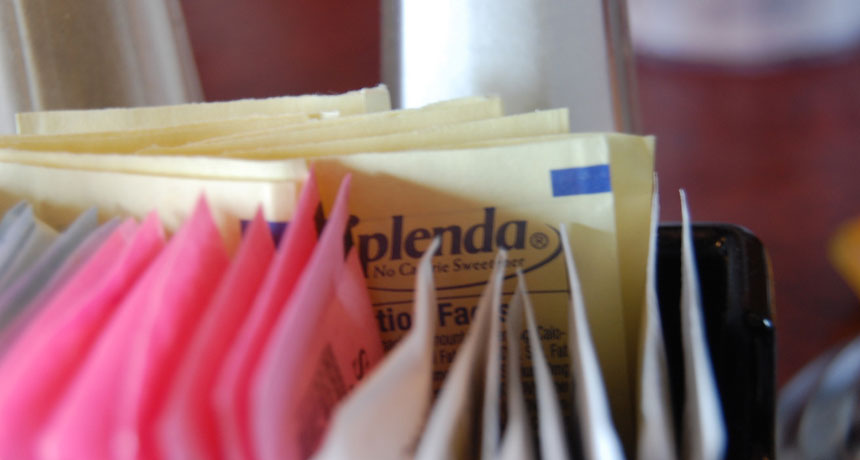Look to the GUT for Health
It’s time for a Science Update and at the end of the month of RE-Setting. It feels important to address Blood Sugar. As I dive into this subject, I hope that it will become clear as to why it is important to RE-Set in January, and how this complex condition can throw you into a downward spiral. Not only is it one of the most difficult foods to avoid, but it is rather addicting. Our brains will crave it and the microbes of our gut will be the ones sending the message. Creating turmoil in our organs, body, and mind.

“All Disease Starts in the GUT”
– Hippocroates
At the DAWN of medicine… this was known… and NOW… it is ignored…
The Players of Digestion
Once our brains even see food. Digestion begins. The process of breaking food down into individual molecules begins in the mouth and ends in the large intestine. Each organ involved in digestion plays a part in separating the molecules of our food. When we see food, or feel hungry, the salivary glands in the mouth are activated. They produce enzymes that begin the breakdown of starches in the mouth. By the time our food reaches the stomach it is already secreting acids. As well as more enzymes that continue breaking food down from their original whole parts.
Some of the other organs are more behind the scenes of the digestive process. Those being the liver, gallbladder, pancreas, and spleen. Each of these organs break down specific components of nutrition. Like fats, amino acids (better known as proteins), complex carbohydrates, vitamins and minerals. The small intestine assimilates the single molecule nutrients and sends them into the blood stream. Once in the blood stream, the nutrient can be used by the body for it’s intended purpose.
In the blood sugar game, we focus on the pancreas, liver, and blood. The brain, hormones, and small intestine become players as well. Though, the first three I want to focus on for understanding blood sugar and why it becomes such an invasive component of health.
The Pancreas and Insulin
During the process of digestion, many things begin to take place in our bodies. As we well know, insulin is a main player in degenerative diseases like Type II Diabetes. Insulin is a hormone that is secreted by the pancreas. When our system detects food, insulin floods the blood, readying it’self for glucose. This hormone, Insulin, allows Glucose in the blood to be absorbed by cells in our body.

When Insulin meets a cell, it bonds to receptors on the wall,. This then opens a pathway for Glucose to enter the cell. Once inside, Glucose is converted to ATP and becomes energy for our bodies. Not only an energy hormone, insulin also stimulates the body to store fuel. This is why it is sometimes referred to as a growth hormone. Insulin also synthesizes proteins.
Why the High Insulin?
In our modern life, chronically high Insulin levels are all too common. This problem is linked to the general diet that is consumed by the majority of our population. Along with diet, our chronic sedentary lifestyle patterns, and lack of movement, and exercise add to the problem. When a well rounded whole food diet of dark and colorful fruits and veggies, healthy meats and elimination of grains is implemented. The intake of glucose is automatically lowered. Our bodies are well nourished and can begin to use other components of nutrition as fuel.
It is also beneficial to concentrate on strengthening your liver. Along with a rainbow of foods, digestive tonics, and bitters will help to maintain healthy concentrations of insulin in the blood. When the liver is strengthened all of the processes of digestion are more efficient and effective.
Hyperinsulinemia
Hyperinsulinemia is a condition where the pancreas secrets too much insulin. This condition leaves glucose floating around in the blood, because the cells have closed their receptors for insulin. Because glucose is floating around in the blood stream, the pancreas continues to sense it in the blood. Then, secreting more insulin to combat the problem, but the cells will not respond to opening their pathways. This then leads to the problem in controlling blood glucose levels.
This condition is associated with Type II Diabetes, though it may not develop in all cases. Insulin resistance and cases of frequent episodes of hyperglycemia are associated with hyperinsulinemia.
Not the Only Reason Sugar Has a BAD Name
Sugars of all kinds are inflammatory substances. This is a difficult concept to grasp but is easily explained. Not all are created equally is a key component. Many sugary foods contain glucose as one or more of their sugar molecules. This can be easily used as fuel by our cells, as explained previously. BUT foods that contain mostly fructose are already a simple sugar.
When we consume too many foods with high levels of fructose. The sugar that we are consuming is only flooding the body. Fructose is not used as energy like glucose is in our cells. Instead, fructose molecules flood the liver and the blood. Stimulate the production of insulin which pours into the blood to create high levels of insulin.
Because fructose is not used as energy by our cells, it is left to be circulating in the blood not being used at all. High levels of fructose can lead to weight gain, diabetes, and systemic inflammation. It is also a main leader in the development of fatty liver disease. This being the only other way to make this disease come to fruition without consuming too much alcohol.
What About FAKE Sweet?
Artificial sweeteners are also not recommended. Not only because they are not natural. BUT they have been shown to bond to estrogen receptor sites. This either stimulating or inhibiting normal flow of hormones in the endocrine system. AND disrupting normal fluctuation of hormonal responses.

These fake sugars have also been shown to stimulate the secretion of glucagon-like-peptide-1 from the pancreas. Which then leads to hyperinsulinemia in the ABSENCE of elevated blood sugar levels. The brain senses them as sugars, which is responsible for stimulating this response. Along with all of this, synthetic sugars can create massive amounts of oxidative stress. The kind of stress that leads to systemic inflammation, weight gain, and food cravings.
How to Remedy These Issues
Though it seems difficult. Especially when challenging lifestyle and food habits. Truly, there are simple ways to create a healthy change in your life. First of all. Implementing bitters into your meal time. Not only will they encourage a healthy digestive response. You will also be curbing food cravings. Nourishing your natural gut flora. And helping your metabolism and liver be supported. What will happen in result of simply taking bitters, can be health altering.
You can also begin to move. If you work in an office, take 10 minutes every couple of hours to walk the circumference of the building, or even your office space. During this time you can focus on breathing, and begin a walking meditation. By implementing this process, you are already starting to alter your stress levels. Which also helps inflammatory responses in the body.
I urge you to stick with me. There are many ways that are SIMPLE to implement that will have massive results. Keep in touch, and stay in tune with the writings that are happening here. I understand the complexity of lifestyle change, but I also know simple ways to keep new and healthy habits up.


